Municipal Autonomous Educational Institution "Lyceum No. 4" of the municipal formation of the city of Cheboksary - the capital of the Chuvash Republic
"Reviewed"
Head of MSE
MAOU "Lyceum No. 4"
City of Cheboksary
_____ /______________ /
Protocol No. ____ from
"___" _________ 2011
"Agreed"
Deputy Director for Educational Work
MAOU "Lyceum No. 4"
City of Cheboksary
_____ /______________ /
"___" _________ 2011
"Approved"
Director
MAOU "Lyceum No. 4"
City of Cheboksary
_____ Konovalova N.V.
Order No. ______ from
"_" _________ 2011
WORKING PROGRAM
In Chemistry for 11th Grade Students
Implementation period: 2011-2012 academic year
The program is based on:
"Chemistry Curriculum for General Educational Institutions for Grades 10-11" by Gara N.N. – Moscow: "Prosveshcheniye", 2008.
Textbook (name, author, publisher, year of publication):
"Chemistry", Rudzitis G.E., Feldman F.G. – Moscow: "Prosveshcheniye", 2008.
Developed by:
Teacher(s): Lapteva Evgeniya Pavlovna, highest qualification category
Number of hours:
Grade | Weekly Hours | Annual Hours | Reserve Hours
11 | 1 | 34 | 2
EXPLANATORY NOTE
In the system of natural science education, chemistry plays an important role in understanding the laws of nature, in society's material life, in solving global human problems, in shaping the scientific worldview, and in cultivating environmental culture among people.
Purpose of the subject implementation:
To equip students with basic chemical knowledge necessary for everyday life, lay the foundation for further development of chemical knowledge in higher grades, and properly orient student behavior in the surrounding environment.
Objectives of studying chemistry:
-
Forming students' knowledge of the basics of chemical science: essential factors, concepts, chemical laws and theories, scientific language, and accessible worldview generalizations.
-
Developing skills to observe and explain chemical phenomena occurring in nature, the laboratory, and everyday life.
-
Forming special skills: working with substances, performing simple experiments while adhering to safety rules, and correctly applying chemical knowledge in communication with nature and in daily life.
-
Revealing the humanistic focus of chemistry, its increasing role in solving major global issues, and its contribution to the scientific culture of the world.
-
Developing students' personality: intellectual and moral improvement, the formation of humanitarian relations, and environmentally sound behavior in everyday life and professional activity.
Role of the subject in shaping basic knowledge, skills, and key competencies:
At a modern and accessible level for students, the theoretical principles, studied properties of substances, and chemical processes occurring in the environment will be explained, along with the application of knowledge in everyday life, with a constant emphasis on the interdisciplinary connections of chemistry with natural and humanities sciences.
The working program is based on: "Chemistry Curriculum for General Educational Institutions for Grades 10-11" by Gara N.N. – Moscow: "Prosveshcheniye", 2008.
This program is implemented in the textbook: Rudzitis G.E., Feldman F.G. "Chemistry" 10th Grade – Moscow: "Prosveshcheniye", 2008.
Difference between the working program and the sample program: none
Thematic Plan
No. | Sections/Topics | Hours for New Material and Review | Frontal Control
-
| Key Chemical Concepts and Laws | 3 |
-
| The Periodic Law and Mendeleev's Periodic Table Based on Atomic Structure Theory | 4 |
-
| Structure of Matter | 4 |
-
| Chemical Reactions | 7 | 1
-
| Metals | 5 |
-
| Non-metals | 6 | 1
-
| Genetic Connection Between Inorganic and Organic Substances | 3 |
-
| Reserve | 2 |
Total:
34 | 2
Interdisciplinary Connections:
Mathematics (solving problems)
Physics (studying molecular and atomic structure, Mendeleev's Periodic Law, studying physical properties of substances and their compounds, etc.)
Biology (the role of chemical elements and compounds in living organisms' life, the impact of chemicals on health and formation of organisms)
Ecology (forming humanitarian relations and environmentally sound behavior in everyday life and professional activity)
Geography (location of chemical elements and their compounds in nature, the most rational methods of their use)
Technology (use in food, safety rules) etc.
Requirements for Student Preparation Level
As a result of studying chemistry in the 11th grade, the student should know/understand:
-
Key chemical concepts: chemical element, atom, molecule, relative atomic and molecular masses, ion, chemical bond, substance, classification of substances, mole, molar mass, molar volume, chemical reaction, classification of reactions, oxidation state, valency, oxidizer and reducer, oxidation and reduction, isotopes, molecular and non-molecular substances, ELD, electrolyte and non-electrolyte, heat effect of chemical reaction, chemical reaction rate, catalysis, carbon skeleton, functional group, isomerism, homology.
Basic Chemical Laws: conservation of mass, constant composition, periodic law.
Important Substances and Materials: methane, ethylene, acetylene, benzene, ethanol, fats, soaps, glucose, sucrose, starch, cellulose, proteins, synthetic and artificial fibers, rubber, plastics.
Skills:
-
Name studied substances using both trivial and international nomenclature.
-
Explain the dependence of substances' properties on their composition and structure, the nature of chemical bonds.
-
Characterize the chemical properties of main organic substances.
-
Determine: substance's classification, valency and oxidation state, type of chemical bond in compounds, ion charge, solution's acidity/basicity.
-
Write: formulas of organic compounds using trivial and international nomenclature; chemical equations.
-
Handle: laboratory glassware and equipment.
-
Perform chemical experiments to recognize key organic substances.
-
Conduct independent research using various sources.
-
Use computer technologies for processing and presenting chemical data in various forms.
-
Apply acquired knowledge and skills in practical and everyday activities to:
-
Safely handle flammable and toxic substances and laboratory equipment;
-
Exhibit environmentally conscious behavior;
-
Assess the impact of chemical pollution on human health;
-
Critically evaluate household chemical products;
-
Prepare solutions with a given concentration;
-
Determine the feasibility of chemical reactions under various conditions and assess their consequences;
-
Explain chemical phenomena in nature, daily life, and production.
-
Forms of Control:
-
Discussion (at each lesson to help students speak accurately using chemical terms and concepts) + individual questioning;
-
Independent work;
-
Control tests (at the end of each topic);
-
Preparation of creative works and presentations;
-
Solving homework problems based on examples discussed in class.
Teaching and Methodological Complex
List of literature for teachers:
-
"Chemistry Curriculum for General Educational Institutions for Grades 10-11" by Gara N.N. – Moscow: "Prosveshcheniye", 2008.
-
Textbook: Rudzitis G.E., Feldman F.G. "Chemistry" 10th Grade – Moscow: "Prosveshcheniye", 2008.
Textbook: Rudzitis G.E., Feldman F.G. "Chemistry" 11th Grade – Moscow: "Prosveshcheniye", 2008. -
Arshansky E.Ya. "Methodology of Teaching Chemistry in Humanitarian Profile Classes" – Moscow: "Ventana-Graph", 2005.
-
Glinka N.L. "General Chemistry" – Moscow: Integral-Press, 2004.
-
Glinka N.L. "Tasks and Exercises in Inorganic Chemistry" – Moscow: Integral-Press, 2004.
-
Dendober S.V., et al. "Constructor of Elective Courses" – Moscow: "5 for Knowledge", 2006.
-
Yeryomin V.V. "Collection of Chemistry Tasks and Exercises" – Moscow: "Oniks 21st Century", 2005.
-
Kim E.P. "Chemistry. 10-11 Grades. Practical Works" – Saratov: Lyceum, 2009.
-
Lidin R.A., Margulis V.B. "Chemistry. Didactic Materials. 10-11 Grades" – Moscow: Drofa, 2002.
-
"Assessment of the Quality of Graduates' Preparation" – Moscow: Drofa Publishing, 2004.
-
Radetsky A.M., Gorshkova V.P., Kruglikova L.N. "Didactic Material in Chemistry. 10-11 Grades" – Moscow: Prosveshcheniye, 2005.
-
Khomchenko G.P., Khomchenko I.G. "Collection of Chemistry Problems" – Moscow: Nova Volna, 2001.
List of Literature for Students:
-
Textbook: Rudzitis G.E., Feldman F.G. "Chemistry" 10th Grade – Moscow: "Prosveshcheniye", 2008.
Textbook: Rudzitis G.E., Feldman F.G. "Chemistry" 11th Grade – Moscow: "Prosveshcheniye", 2008. -
Kim E.P. "Chemistry. 10-11 Grades. Practical Works" – Saratov: Lyceum, 2009.
-
Lidin R.A., Margulis V.B. "Chemistry. Didactic Materials. 10-11 Grades" – Moscow: Drofa, 2002.
-
Radetsky A.M., Gorshkova V.P., Kruglikova L.N. "Didactic Material in Chemistry. 10-11 Grades" – Moscow: Prosveshcheniye, 2005.
List of Additional Literature, Visual Aids, and Electronic Textbooks:
-
"Chemistry in School: Scientific and Methodical Journal" – Moscow: Russian Academy of Education; "CenterPress" Publishing
-
"First of September" Publisher's House. "Chemistry. Methodical Newspaper for Chemistry and Natural Science Teachers"
-
Nazarova T.S., Kupiryanova N.S. "Tables for Chemistry for General Education Schools" – Moscow: Varson, 2006
-
Vlasenko K.K., Kuznetsova L.V. "Series of Educational Tables in Chemistry" – Moscow: Educational Book BIS, 2006
Nazarova T.S., Lavrova V.N. "Reference and Instructional Tables in Chemistry" – Moscow: School Press, 2007
Open Chemistry, author: Professor V.V. Zelentsov – Moscow: "Fizikon", 2002.
Intel. "Education for the Future" – Microsoft, 2006.
"Chemistry Tutor" – Kirill and Methodius, 2006.
KPK – 2007. "Theory and Methodology of Teaching Chemistry" – ChRIO, Department of END, 2007.
Electronic Library "Prosveshcheniye. Chemistry" – Moscow: Prosveshcheniye, 2002.
Lesson Plan for Grade 2 Mathematics: "Learning the Strategy for Solving Problems Like 26 + 7"
Prediction of Particle Geometries Based on Atomic Orbital Hybridization
"Spiritual and Moral Education in Art Classes"
Recommendations for Teachers on Organizing Project and Research Activities

 Deutsch
Deutsch
 Francais
Francais
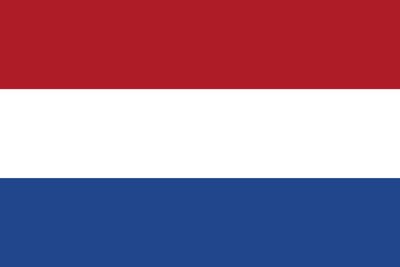 Nederlands
Nederlands
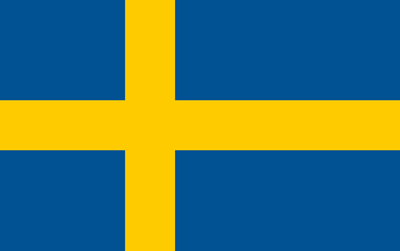 Svenska
Svenska
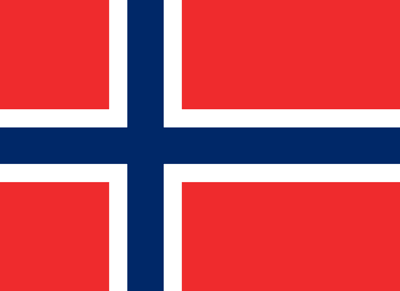 Norsk
Norsk
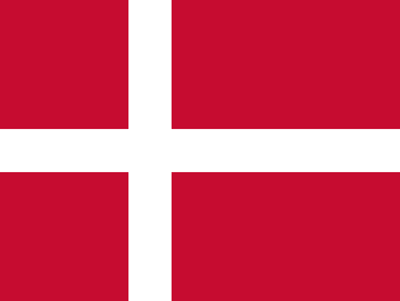 Dansk
Dansk
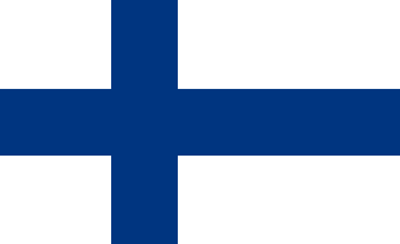 Suomi
Suomi
 Espanol
Espanol
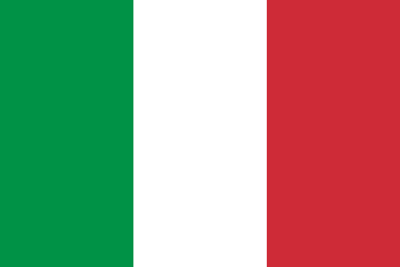 Italiano
Italiano
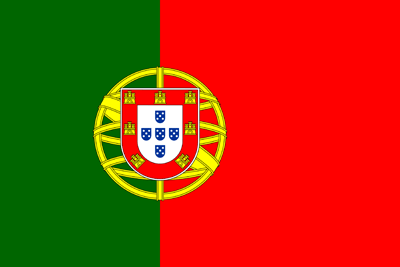 Portugues
Portugues
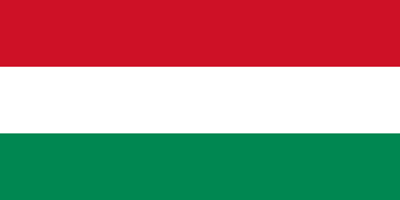 Magyar
Magyar
 Polski
Polski
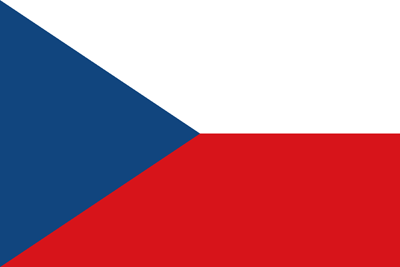 Cestina
Cestina
 Русский
Русский